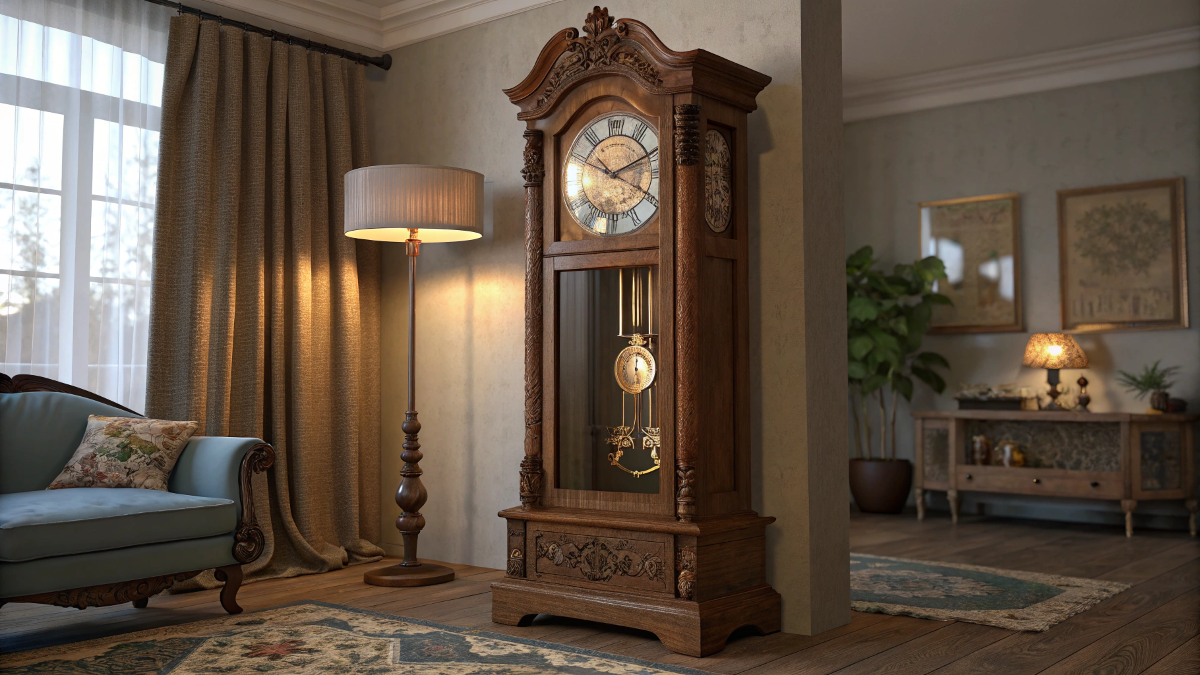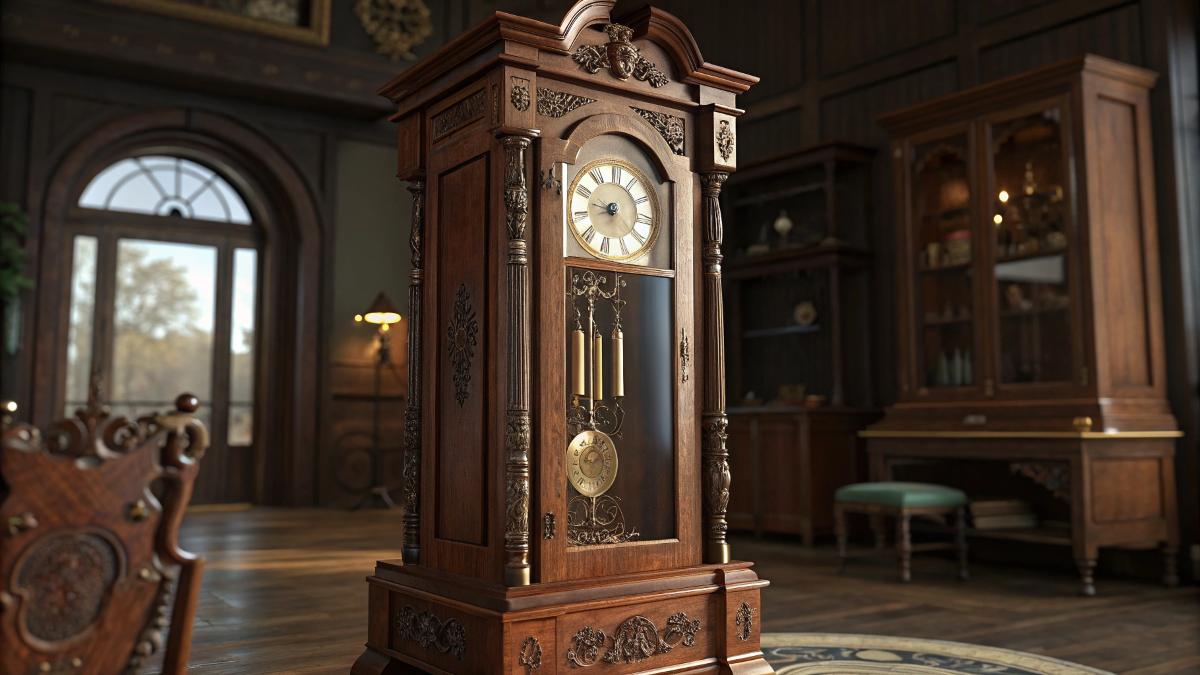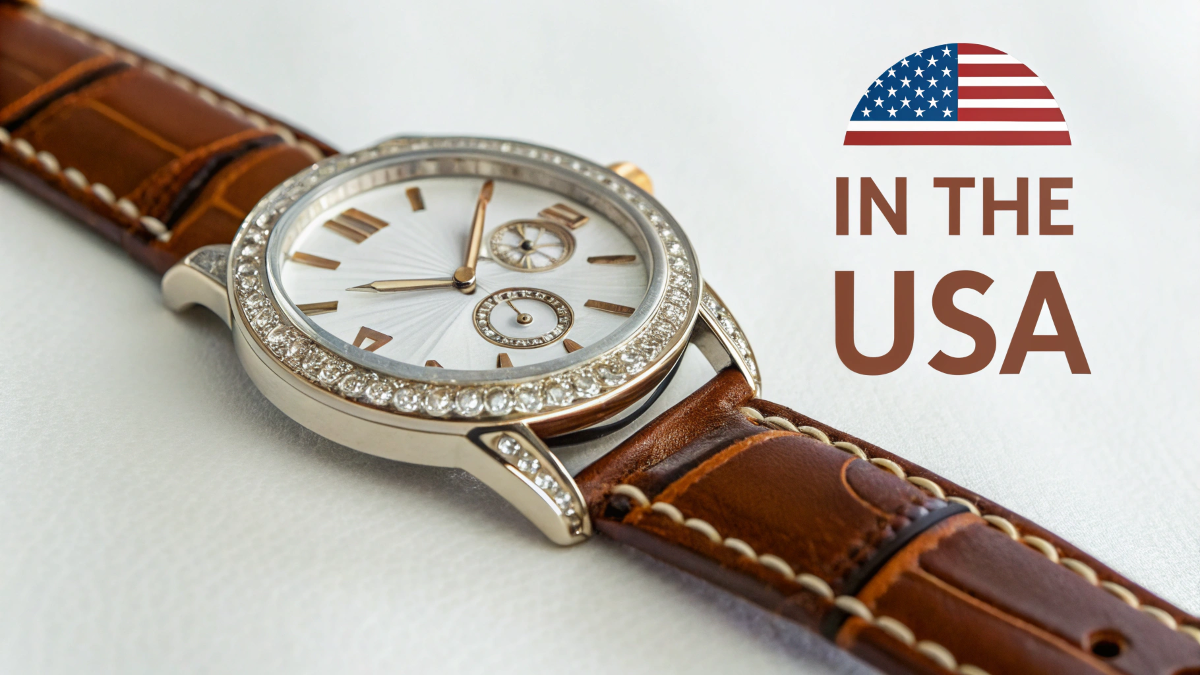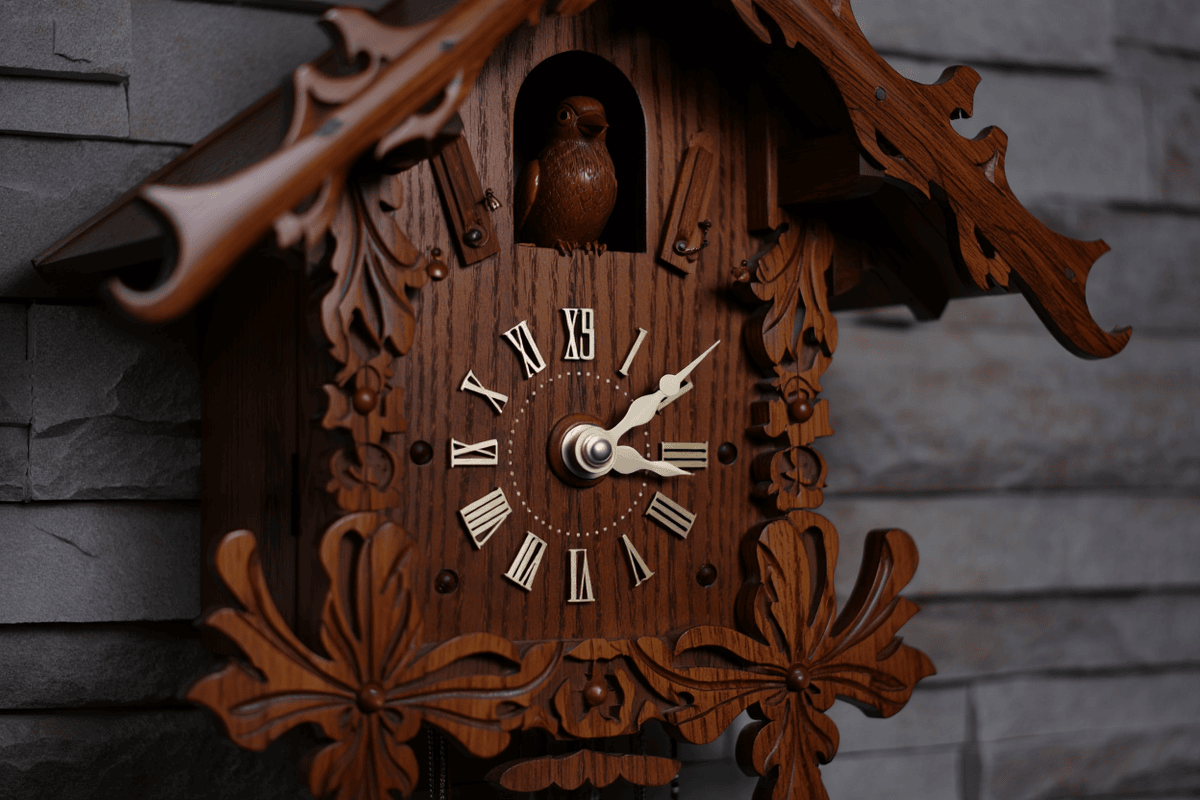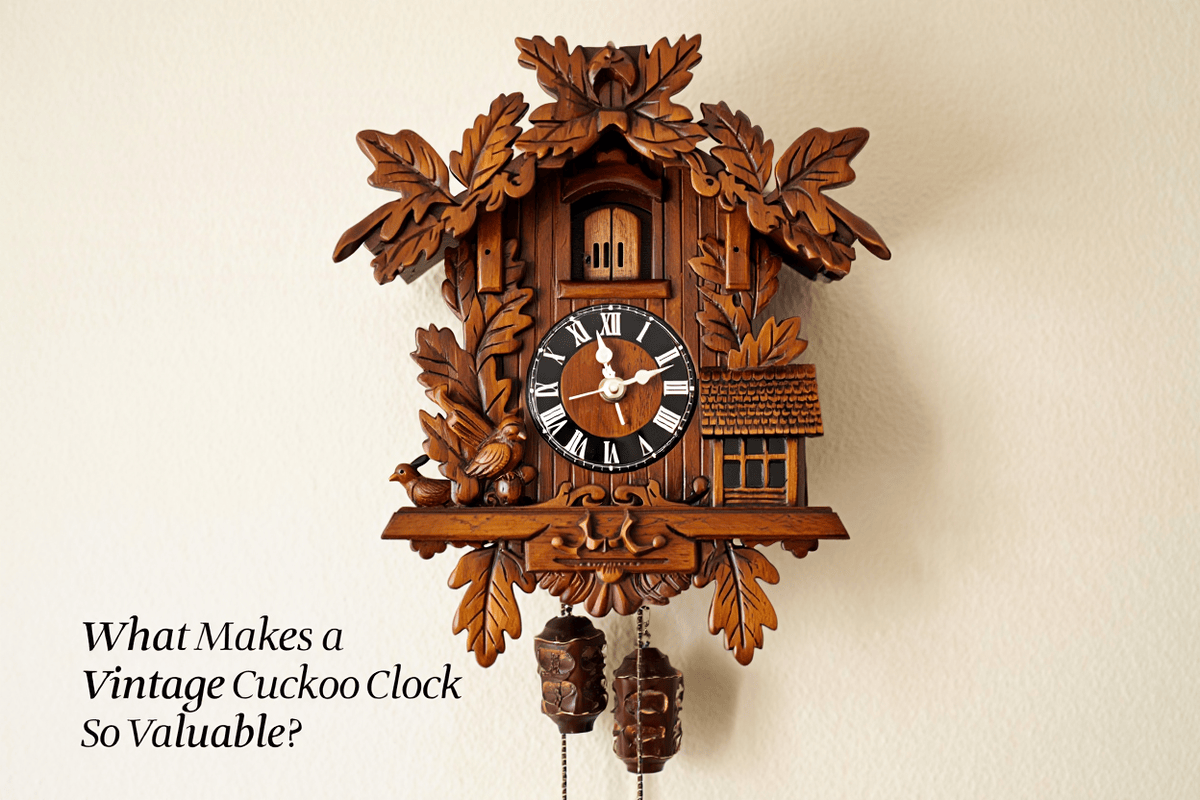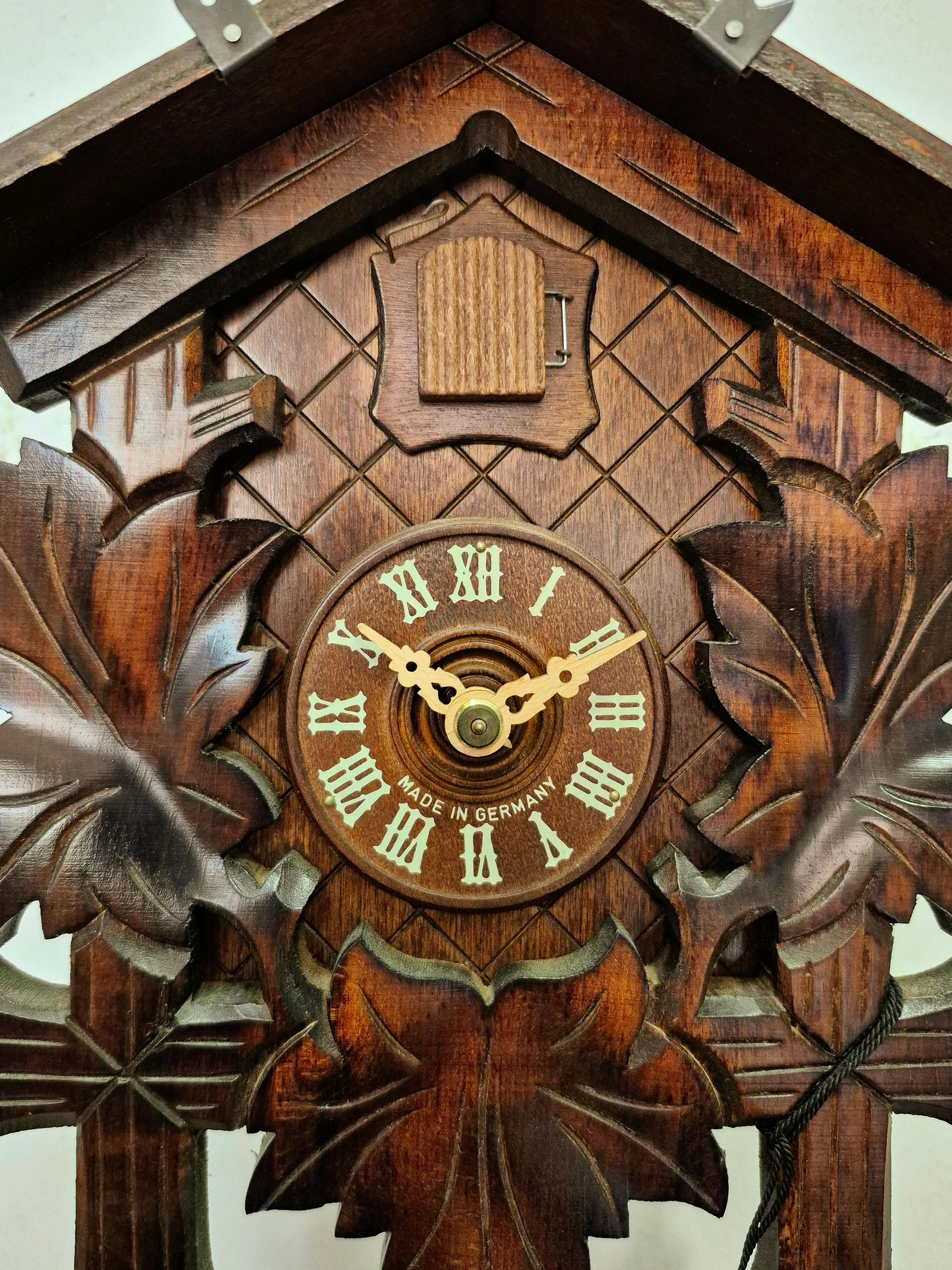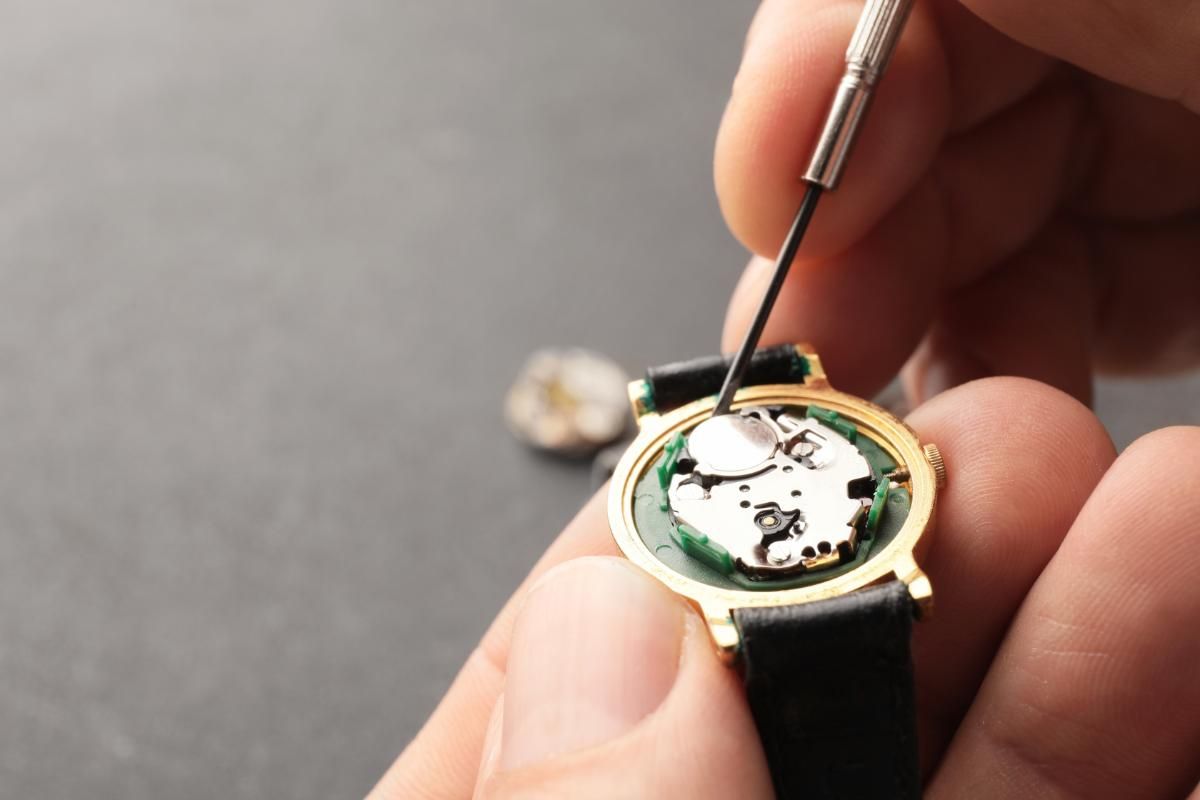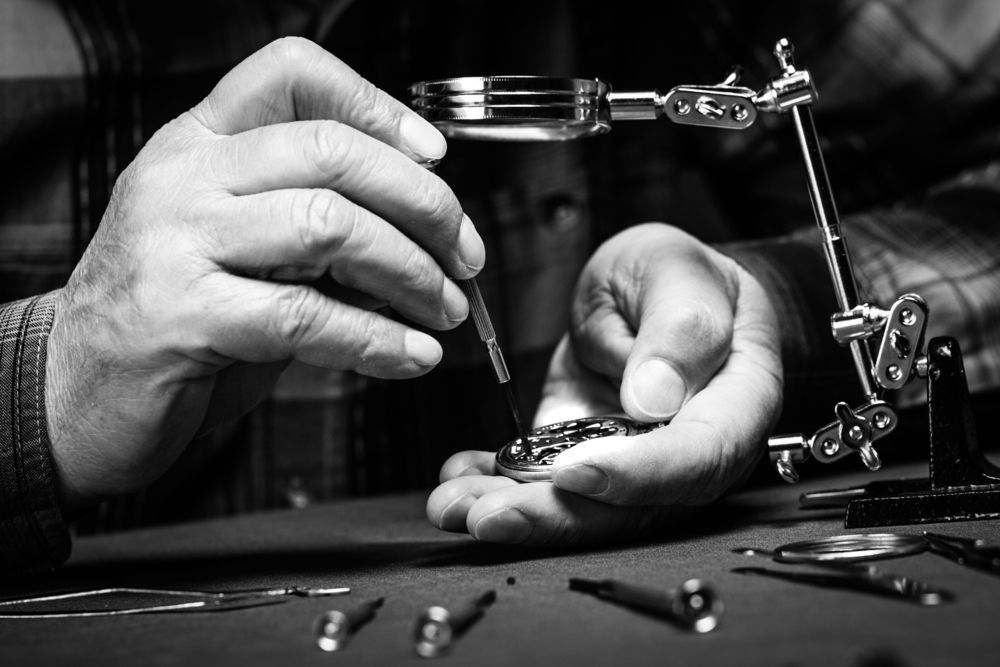Does Your Clock Oil Expire? Signs It's Time to Adjust It
Clock maintenance is essential to keeping your treasured timepiece in excellent working condition. One of the most critical components in clock upkeep is the oil used to lubricate its intricate mechanisms. Just like the motor oil in a car, clock oil helps reduce friction between moving parts, ensuring the smooth operation of gears, levers, and other components. But as time passes, many clock owners wonder: does clock oil have an expiration date? This question is more important than you might think, as failing to adjust expired clock oil can lead to costly repairs and even irreversible damage.
Understanding Clock Oil: What Does It Do?
Clock oil serves as the lifeblood of your clock's movement. Inside your clock, many small, interconnected gears work together to keep time. Without proper lubrication, these parts would grind against each other, causing wear and tear, overheating, and eventual malfunction.
The oil used in clocks is specially formulated to be long-lasting and resistant to dust and grime buildup, which is crucial for maintaining the delicate mechanisms inside. When it's fresh and functioning as intended, clock oil significantly reduces friction, allowing the clock's gears to move smoothly and accurately.
However, over time, even the best clock oils can begin to deteriorate. Temperature changes, air exposure, and contamination from dust or grime can reduce the oil's effectiveness, leading to a host of potential issues if not addressed.
Does Clock Oil Have an Expiration Date?
One of the most common questions clock owners ask is whether clock oil can expire. The short answer is yes. While clock oil doesn't have a fixed "expiration date" like food or medication, its effectiveness will diminish over time, especially if it has been sitting unused for years.
Most clock experts recommend having a clock oiled every three to five years, depending on the type of clock and the conditions in which it's kept. However, environmental factors such as humidity, temperature, and dust can accelerate oil degradation, making it necessary to reapply oil more frequently.
So, while clock oil doesn't necessarily expire in the traditional sense, it does have a limited lifespan, especially when exposed to conditions that can cause it to break down.
Signs It's Time to Adjust Your Clock Oil
Now that you understand that clock oil can degrade over time, it's essential to recognize the signs that your clock may be due for an oiling. Ignoring these signs can result in long-term damage to your clock's internal components. Here are some key indicators to watch for:
Unusual Noises
One of the first signs that your clock's oil is no longer effective is the emergence of unusual noises. Clocks should run quietly, with smooth, almost imperceptible ticking. If you notice grinding, squeaking, or any other abnormal sounds, it could be a sign that the oil has dried up or become contaminated. When this happens, the gears may be rubbing against each other without adequate lubrication, which can lead to significant damage if not addressed quickly.
Inaccurate Timekeeping
Another major sign that your clock needs fresh oil is inconsistent timekeeping. If your clock begins to lose or gain time, this could be due to increased friction between its internal parts. Properly lubricated gears move smoothly and at the correct speed, but when the oil degrades, friction increases, causing the gears to slow down or speed up. Regularly checking your clock for accuracy can help you catch this issue early on.
Slowed or Stopped Pendulum
For pendulum clocks, a slowed or stopped pendulum is a clear indicator that the internal mechanisms aren't functioning as smoothly as they should. The pendulum relies on the smooth movement of gears, which in turn depends on adequate lubrication. If the pendulum stops swinging or moves erratically, it's time to inspect the clock's oil.
Dust or Dirt Accumulation
While dust and dirt may seem like minor issues, if they get into the oil, they can cause significant damage to your clock's internal mechanisms. Contaminants can break down the oil's effectiveness, leading to increased friction and wear on the gears. If you notice visible dirt or dust around your clock's movement, it's a good idea to have a professional inspect and re-oil the clock.
Visibly Dried or Thickened Oil
If you're familiar with clock maintenance, you may be able to visually inspect the oil inside your clock. Fresh clock oil should be thin and clear. Over time, the oil can thicken or dry out, especially if exposed to dust or heat. If you notice thick, sticky oil or dried-up patches where the oil should be, it's time for an adjustment.
Overdue Maintenance
Even if your clock seems to be running smoothly, it's crucial not to skip regular maintenance. As mentioned earlier, most clock experts recommend having your clock oiled every three to five years. If you can't remember the last time your clock was serviced, it's likely overdue for fresh oil. Regular maintenance can prevent larger, more expensive issues down the line.
Factors That Affect Clock Oil Longevity
Several factors can influence how long your clock oil lasts and when it needs to be adjusted. By understanding these variables, you can take better care of your clock and ensure it continues to function smoothly for years to come.
Environmental Conditions
Clocks kept in dusty, humid, or extreme temperature environments may require more frequent oiling. Dust can contaminate the oil, causing it to thicken or dry out, while high humidity can introduce moisture into the oil, leading to rust and corrosion. Similarly, extreme temperatures can cause the oil to evaporate or thicken, reducing its effectiveness.
Usage
The frequency with which your clock runs also affects how long the oil lasts. Clocks that run continuously will naturally experience more wear and tear on their internal mechanisms, meaning the oil may need to be adjusted more often. On the other hand, clocks that are rarely used or displayed as decorative pieces may require less frequent oiling but still need regular check-ups to ensure the oil hasn't dried out or become contaminated.
Clock Type
Different types of clocks have varying oiling needs. For example, antique clocks or those with more complex mechanisms may need more frequent oiling than modern, less intricate models. Pendulum clocks, for instance, rely heavily on the smooth movement of gears and may require more maintenance than a simple wall clock.
Why Professional Maintenance Matters
Clock oiling may seem like a simple task, but it's best left to professionals. Attempting to oil your clock yourself without the proper tools or knowledge can lead to over-oiling, under-oiling, or even damaging the delicate internal mechanisms.
At Chicago Clock Company, we specialize in expert clock repair and maintenance. Our experienced technicians understand the nuances of different clock models and can ensure your clock is properly oiled, cleaned, and serviced to extend its lifespan.
When you bring your clock to us, we not only inspect and adjust the oil, but we also check for other signs of wear or damage. Regular professional maintenance can help prevent more significant issues from developing, saving you time and money in the long run.
Contact Us Today
If you've noticed any of the signs mentioned above or if it's been a while since your last clock maintenance, it's time to take action. At Chicago Clock Company, we offer expert clock repair, battery replacement, and sales to keep your timepiece in perfect working order. With over 100 years of experience in clock repair, we're confident in our ability to address any issue your clock may have.
We also provide free estimates while you wait so you can know exactly what to expect before any work is done. Whether your clock needs oiling, a thorough cleaning, or a complete overhaul, we're here to help. Call us now to schedule an appointment and give your clock the care it deserves. Don't let expired clock oil cause unnecessary damage—reach out to the professionals today!

